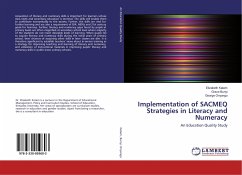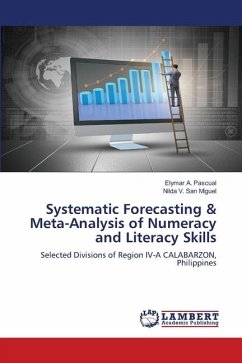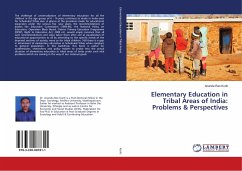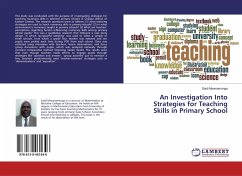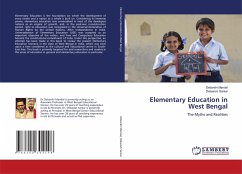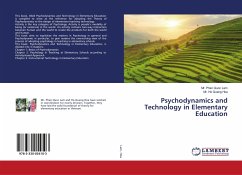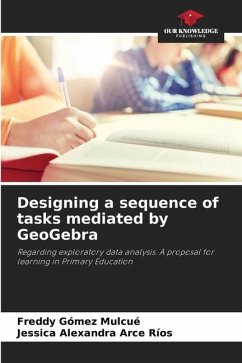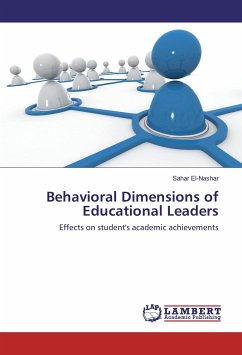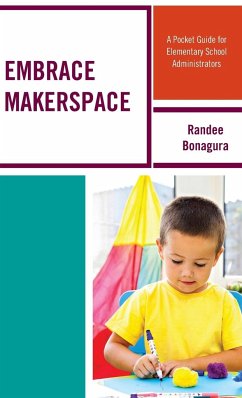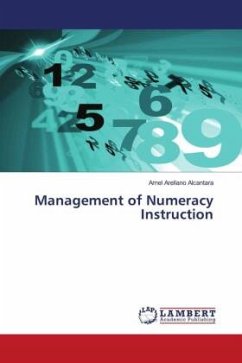
Management of Numeracy Instruction
Versandkostenfrei!
Versandfertig in 6-10 Tagen
29,99 €
inkl. MwSt.

PAYBACK Punkte
15 °P sammeln!
A strong foundation in numeracy is vital for every child and young person since it strengthens their ability to engage in education, attain their full potential, and fully participate in society. Hence, The Department of Education (DepEd) reiterated that numeracy skills are the cornerstone of lifelong learning (DepEd Order No. 12, Series of 2015). These skills do not develop naturally, necessitating careful planning and instruction. Teachers are responsible for promoting and developing numeracy skills among learners across grade levels. With greater emphasis given to numeracy instruction in ba...
A strong foundation in numeracy is vital for every child and young person since it strengthens their ability to engage in education, attain their full potential, and fully participate in society. Hence, The Department of Education (DepEd) reiterated that numeracy skills are the cornerstone of lifelong learning (DepEd Order No. 12, Series of 2015). These skills do not develop naturally, necessitating careful planning and instruction. Teachers are responsible for promoting and developing numeracy skills among learners across grade levels. With greater emphasis given to numeracy instruction in basic education, there is a need to revisit this area through a systematic and comprehensive study. This book focused on the teachers' level of management of numeracy instruction in terms of content knowledge, pedagogical approaches, ICT-related skills, classroom management, materials preparation, and assessment tools. The issues in numeracy instruction were also identified in this endeavor.



